
Nurse a coffee throughout the day
If you supersize your coffee to jump start your day, you may be driving yourself deeper and deeper into a low-energy rut. Compelling research from Brigham and Women’s Hospital, Harvard Medical School, and other institutions finds that frequent low doses of caffeine—the amount in a quarter-cup of coffee—were more effective than a few larger doses of caffeine when it comes to keeping people alert. Here’s how else caffeine can affect your health.
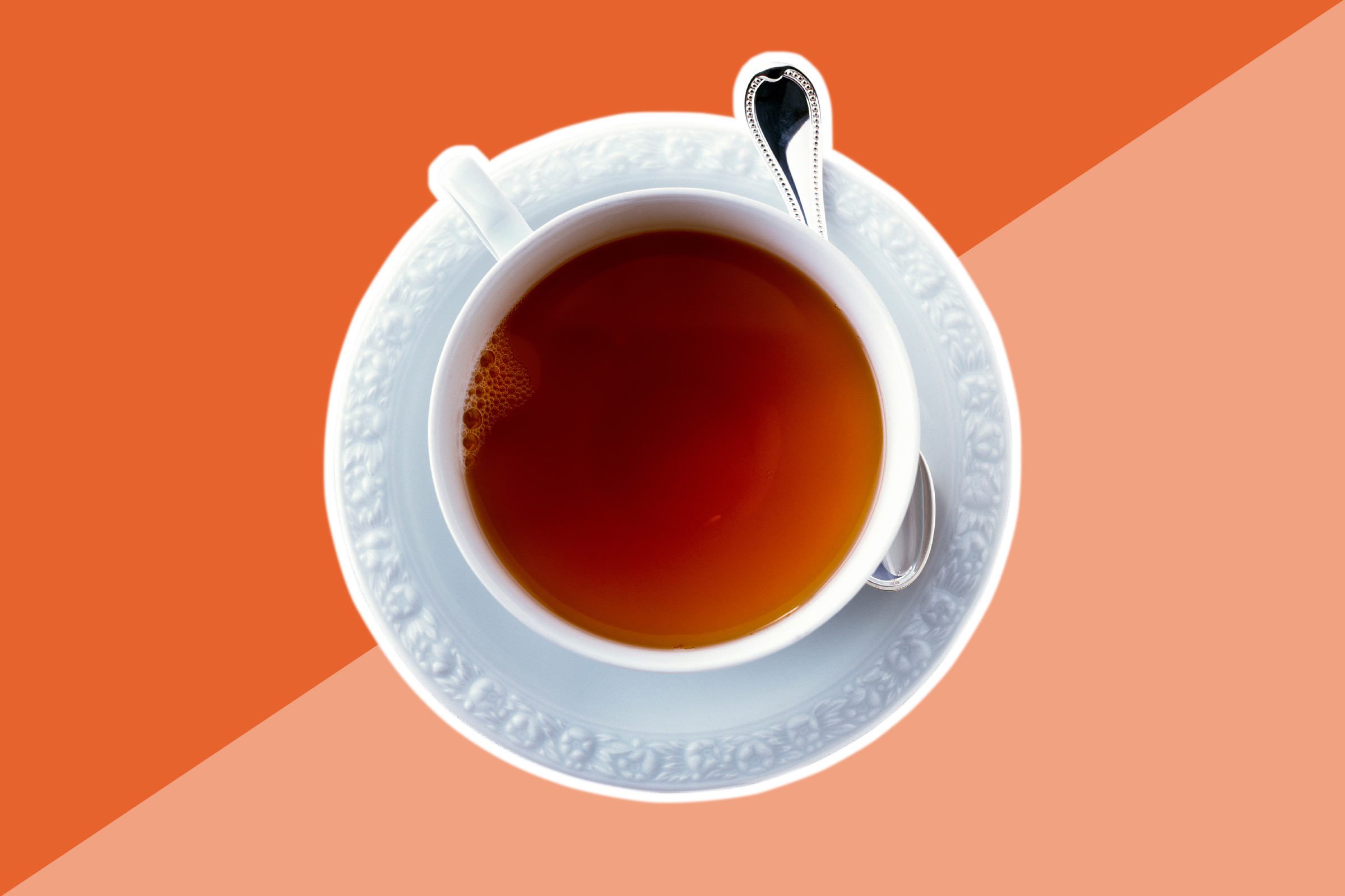
Try tea and see
If you need a caffeinated pick-me-up, choose tea over coffee. One study found that drinking tea all day improved alertness and performance just as well as coffee and was less likely to disrupt sleep. Here are all the mind-blowing ways tea is healthy for you.
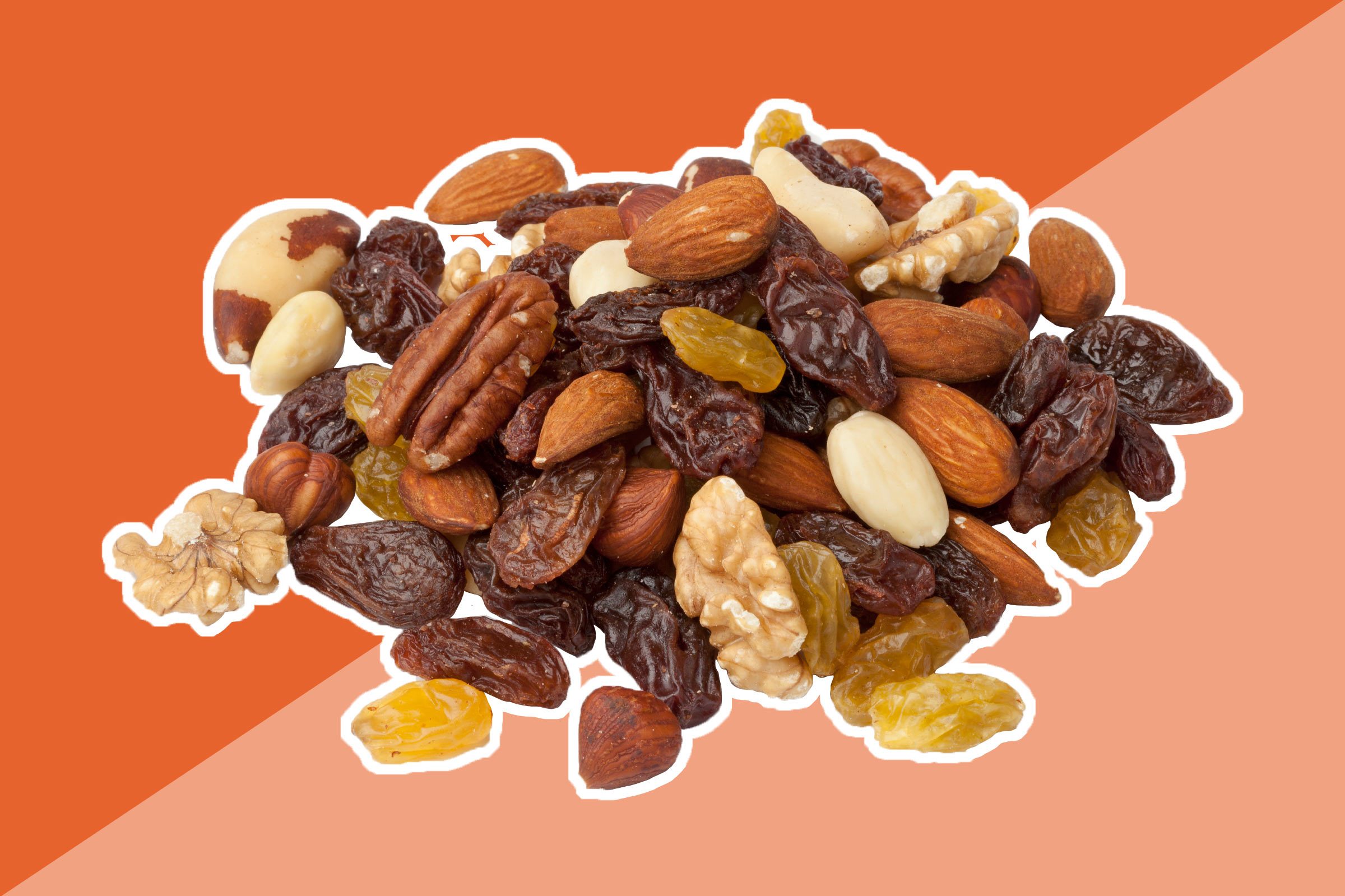
Combine protein with good carbs
Snacks that include an ounce or two of protein with some complex carbohydrates give you a quick energy boost—without an energy crash a few hours later. Give these tasty pantry combos a try: a small pop-top can of salmon or tuna with whole grain crackers; a small box of raisins or dried cranberries with a handful of nuts; handful of trail mix (nuts and dried fruit varieties); or a slice of multi-whole-grain toast and peanut butter.
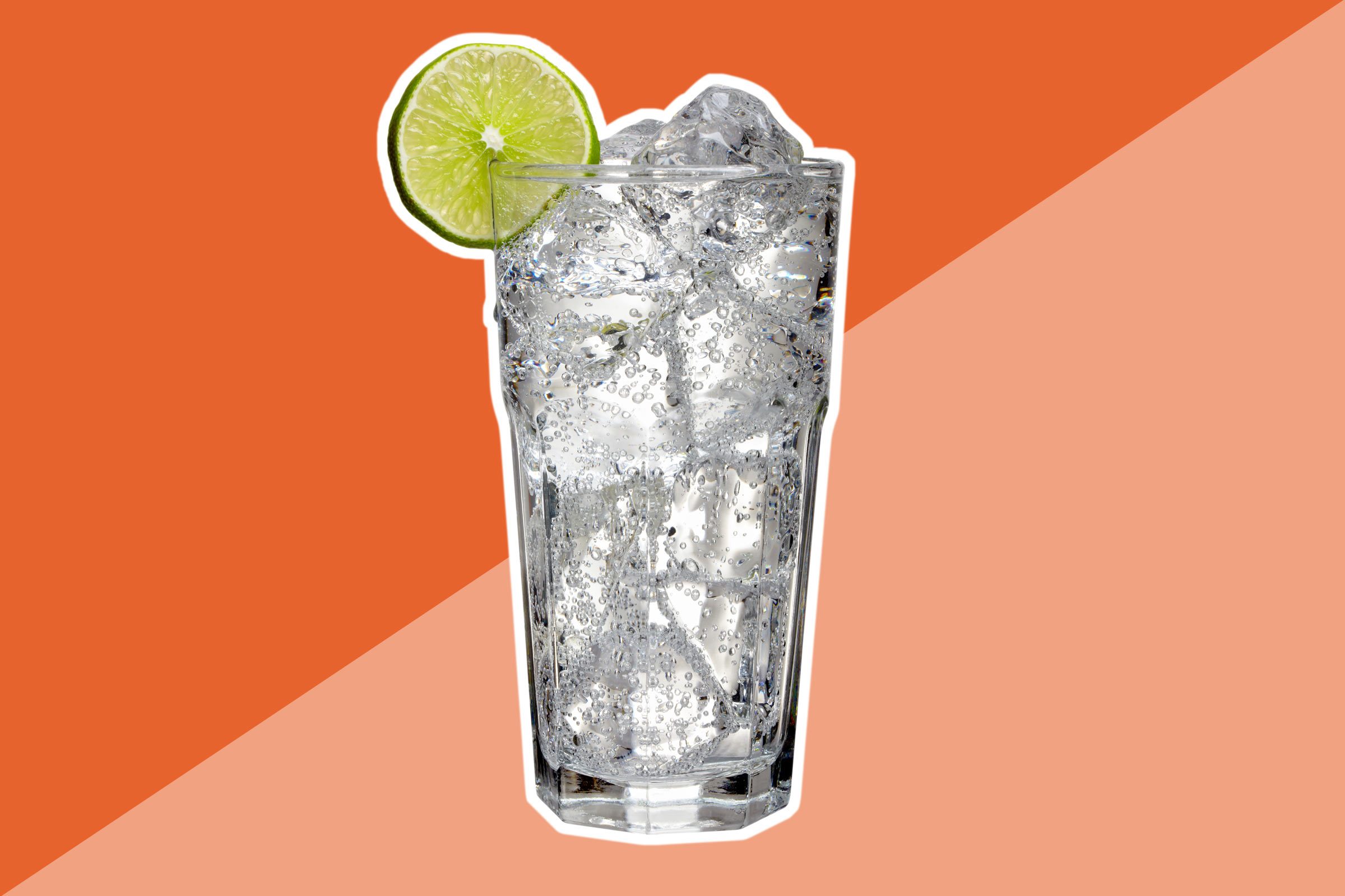
Have a slice with your seltzer
A refreshing glass or two of icy seltzer water with a slice of lime or lemon is a double-powered energy booster. First, since fatigue often signals dehydration, a couple of glasses of H2O can restore your energy pronto. What’s more, the citrusy scent of lemon or lime makes you feel awake and refreshed. Plus, the drink’s iciness gives you a sensory wake-up call. These other healing scents can affect your mood and energy.
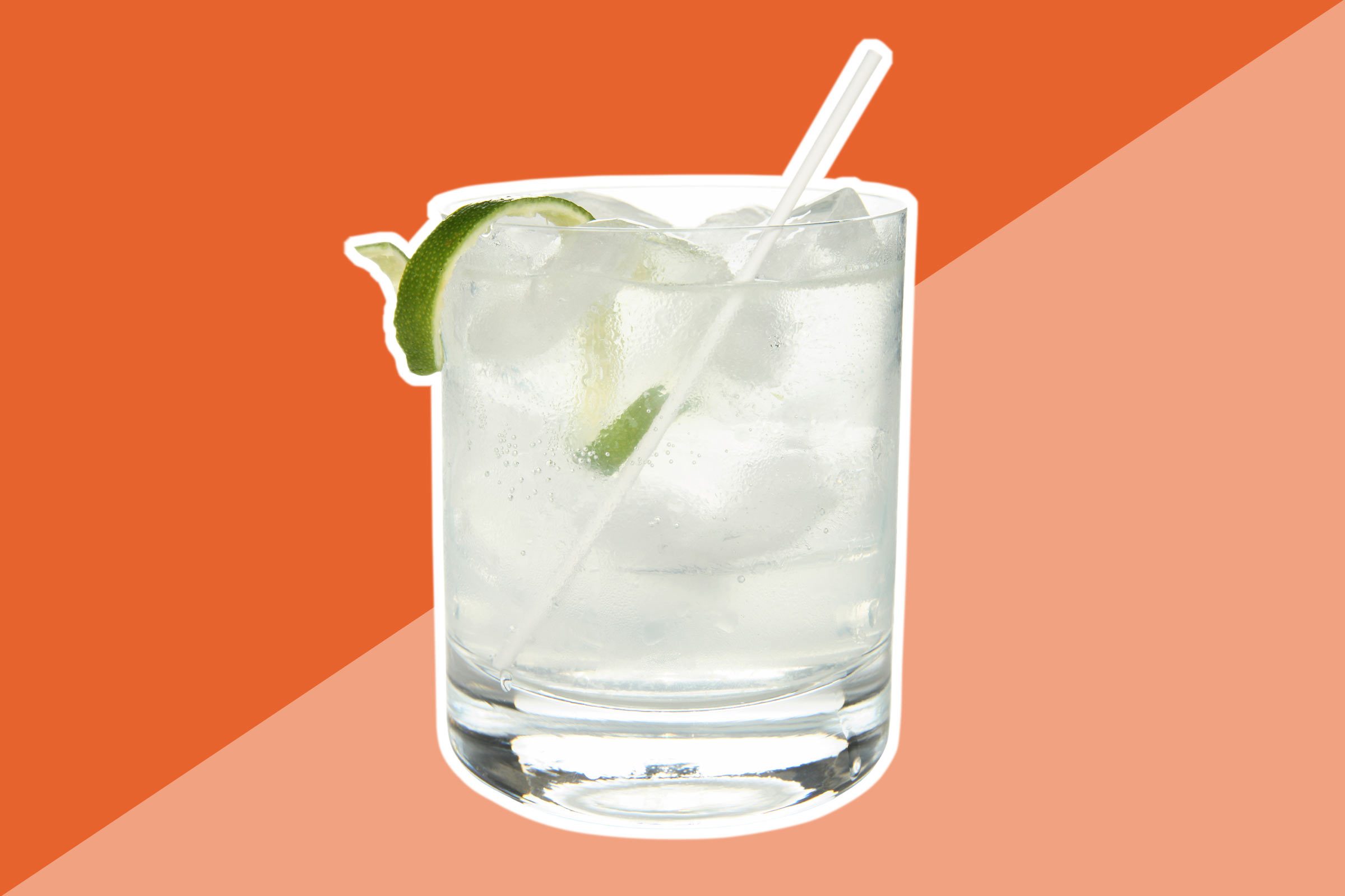
Drink something bitter
A traditional herbalists’ cure for fatigue—which is still prescribed today by doctors in Germany—is to drink a tonic made of bitter herbs. The thinking was that because these herbs improve digestion, they might also enhance nourishment. Thus, if fatigue was due to nutritional deficits, a bitter tonic could turn things around. Whether or not that’s true is debatable, but this modern take on an old-fashioned tonic is a real eye-opener, and there’s a good chance you’ve got a bottle stashed along with your cocktail-making supplies. Shake several dashes of Angostura bitters into a tall glass of club soda or tonic water on ice. If nothing else, the sprightly taste will refresh and enliven you.
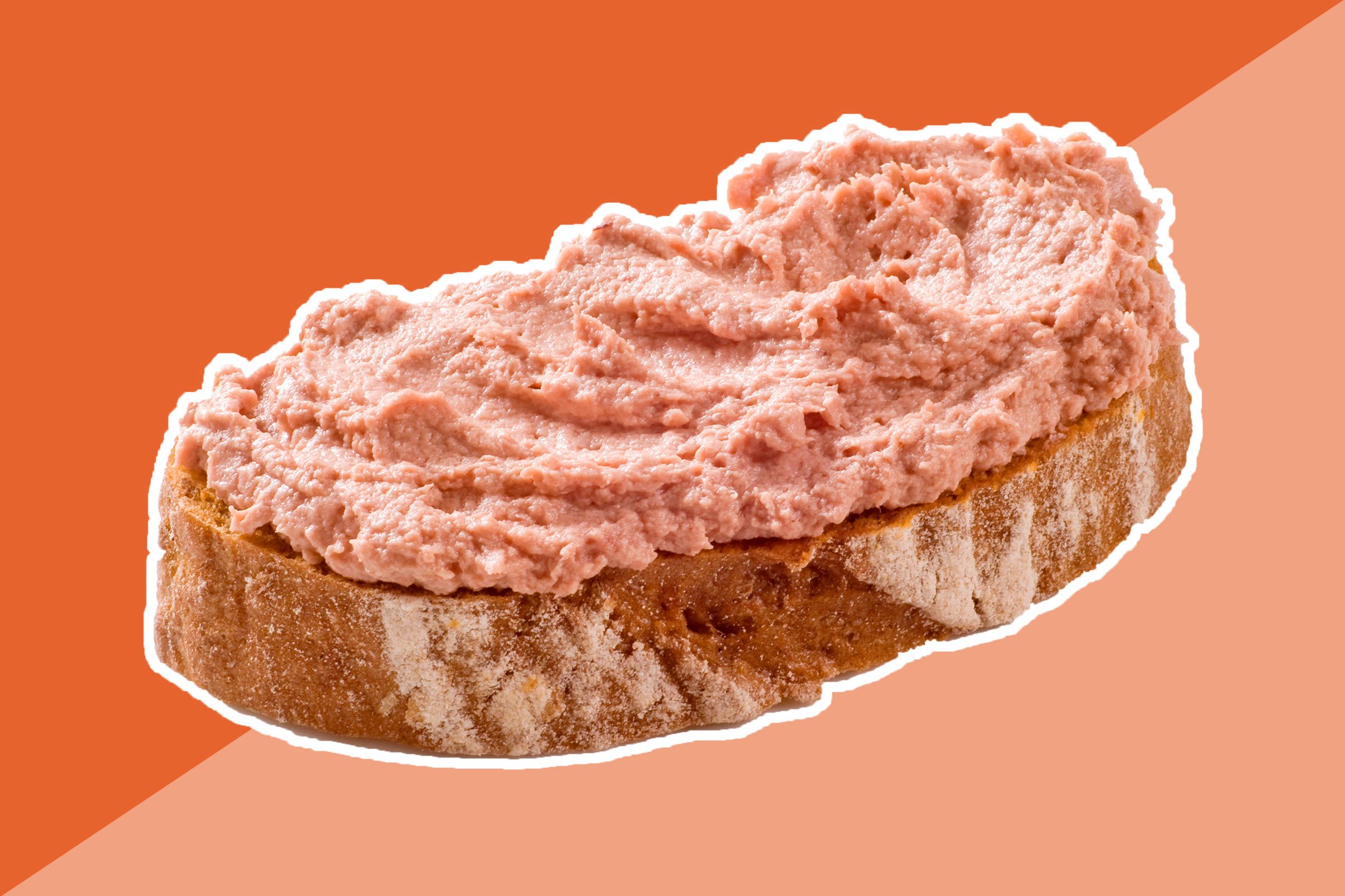
Do some iron-ing
If you’re constantly dragging (but getting plenty of sleep), you might have iron-deficiency anemia, a common cause of fatigue. Iron is essential for producing hemoglobin, which carries oxygen to your body’s cells, where it is used to produce energy. Risk factors include having heavy periods, being a vegetarian (iron that comes from meat is better absorbed than iron from vegetable sources) or having an ulcer or other problem that causes internal bleeding. Shoot for 18 milligrams a day if you’re a nonvegetarian, menstruating female; nonvegetarian men and post-menopausal women need 8 milligrams a day. Kidney beans, baked beans, whole-wheat bread, canned spinach, and dried apricots are good choices. To boost your body’s ability to absorb the iron in these vegetarian sources, eat them with a good source of vitamin C, such as canned tomatoes or mandarin oranges, or a glass of orange juice.
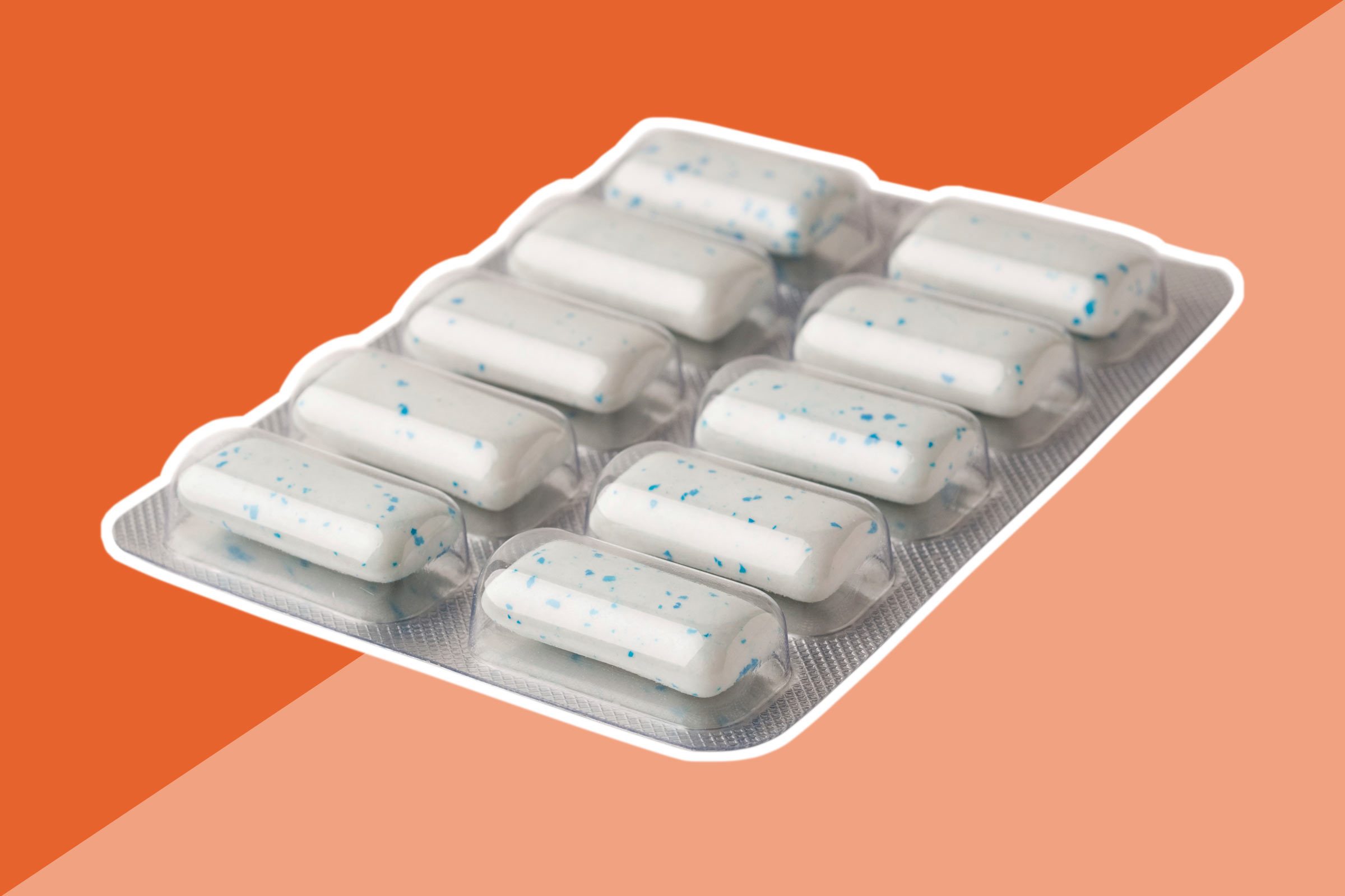
Chew peppermint or spearmint gum
You’ll get a little burst of energy from the invigorating flavor and scent, not to mention the physical act of chewing (it’s hard to chew if you’re asleep).
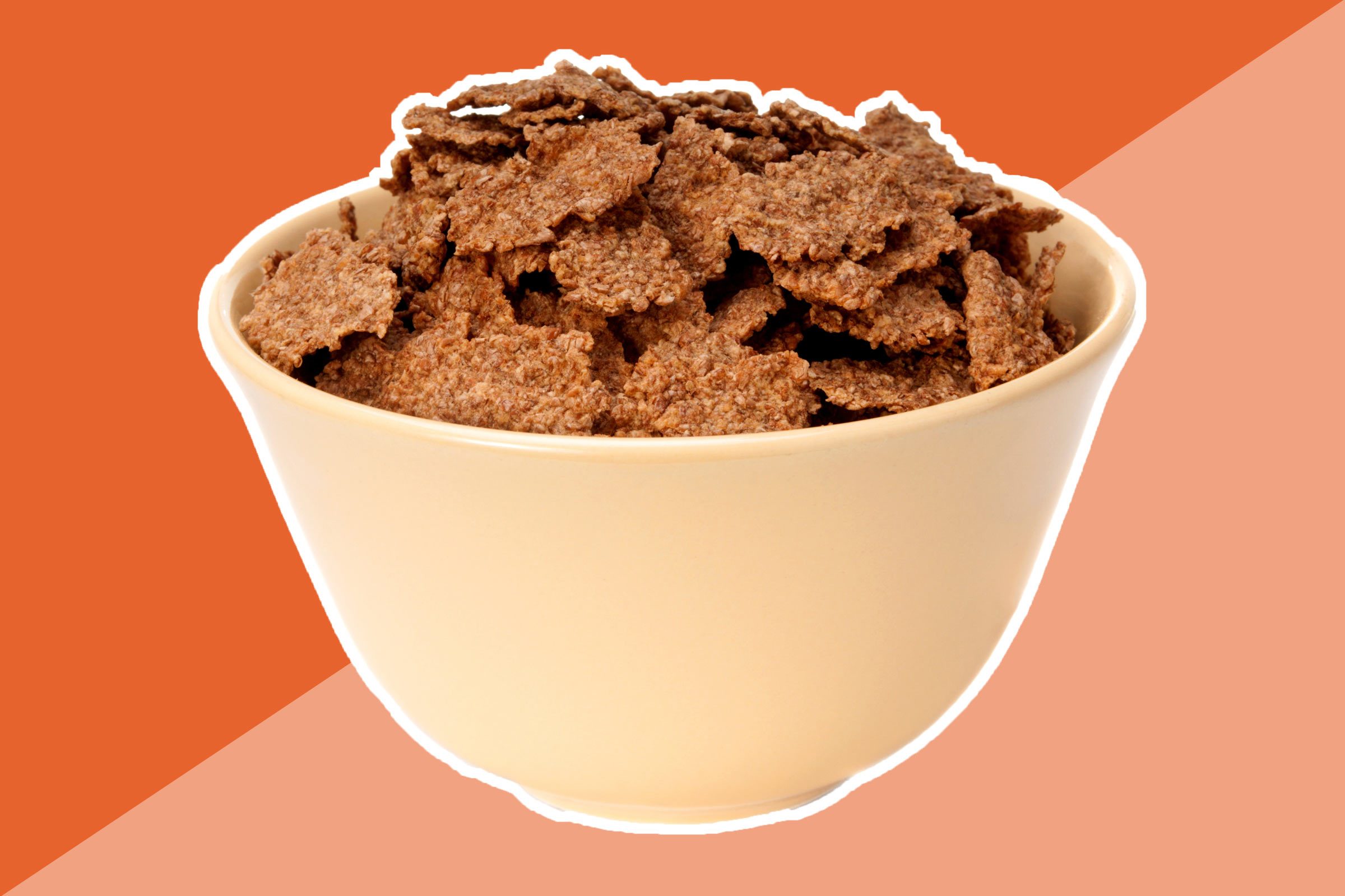
Eat a bowl of all-bran cereal
It contains 792 milligrams of phosphorous, an important mineral that the body needs to metabolize carbohydrates, fat, and protein so they can be used as energy. Nutrition experts swear by these healthy cereals.
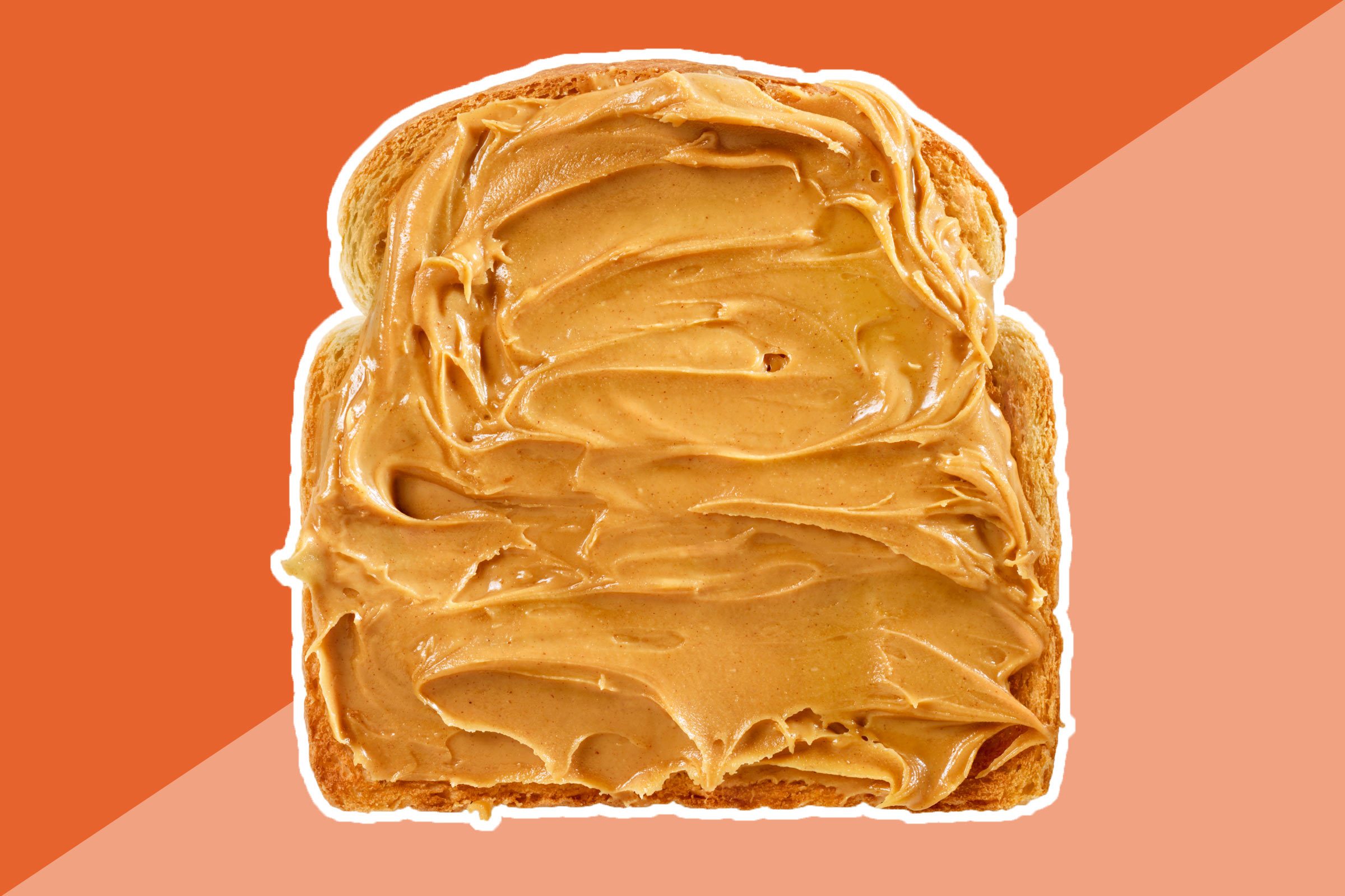
Go high-fiber for breakfast
One study found that people who started their mornings with a high-fiber meal were more alert throughout the morning, probably because these meals take longer to digest than, say, a bowl of cornflakes or a doughnut, so blood sugar levels remain steadier. It also helps to include some protein with breakfast and every other meal. Good breakfast options from the pantry include: whole-grain toast with a tablespoon of peanut butter and a handful of dried fruit; a bowl of high-fiber cereal (aim for at least 5 grams of fiber a serving) with milk; or a bowl of oatmeal sprinkled with 2 tablespoons of ground flaxseeds and ½ teaspoon of cinnamon. Here are 25+ ways to boost your fiber intake.
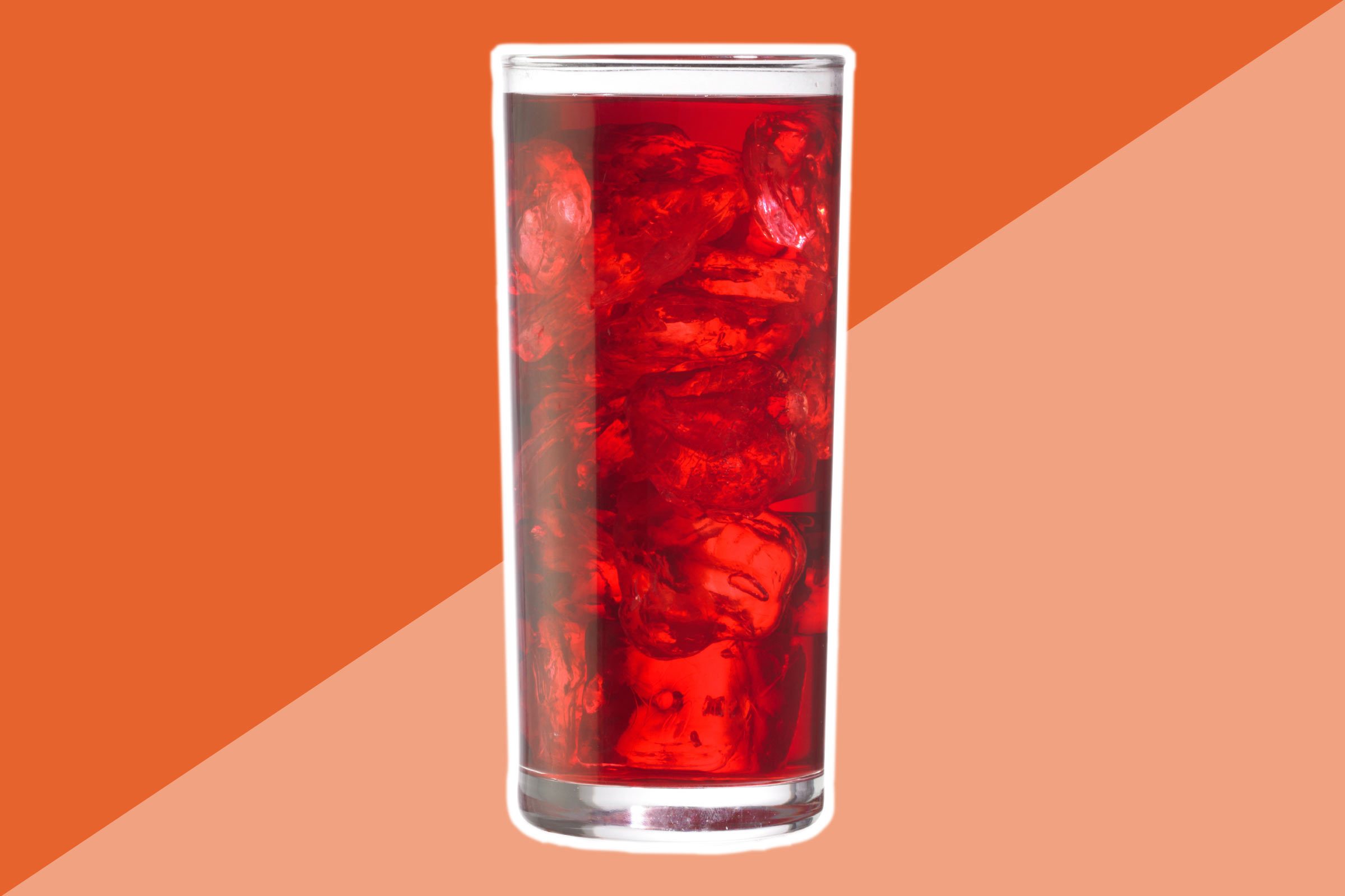
Have a cocktail
No, not a martini. Alcohol will only make you more fatigued. As a quick pick-me-up, try drinking a small glass of chilled cranberry juice with a splash of fresh lime juice.
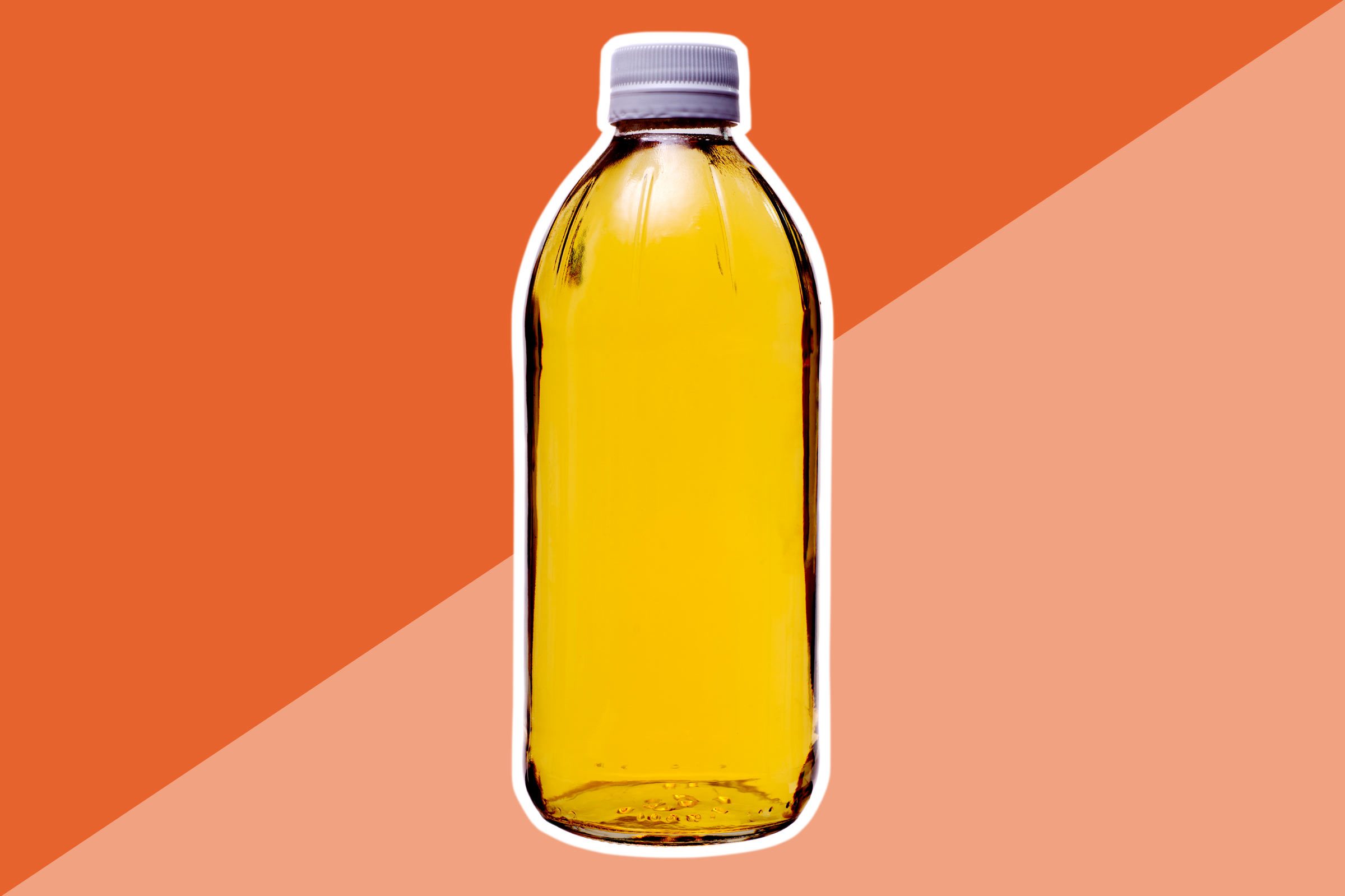
Drink apple cider vinegar
Exercise and sometimes extreme stress cause lactic acid to build up in the body, causing fatigue. Interestingly, the amino acids contained in apple cider vinegar act as an antidote. What’s more, apple cider vinegar contains potassium and enzymes that may relieve that tired feeling. Next time you’re feeling beat, add a tablespoon or two of apple cider vinegar to a glass of chilled vegetable drink or to a glass of water. These health benefits of apple cider vinegar are fairly astounding.
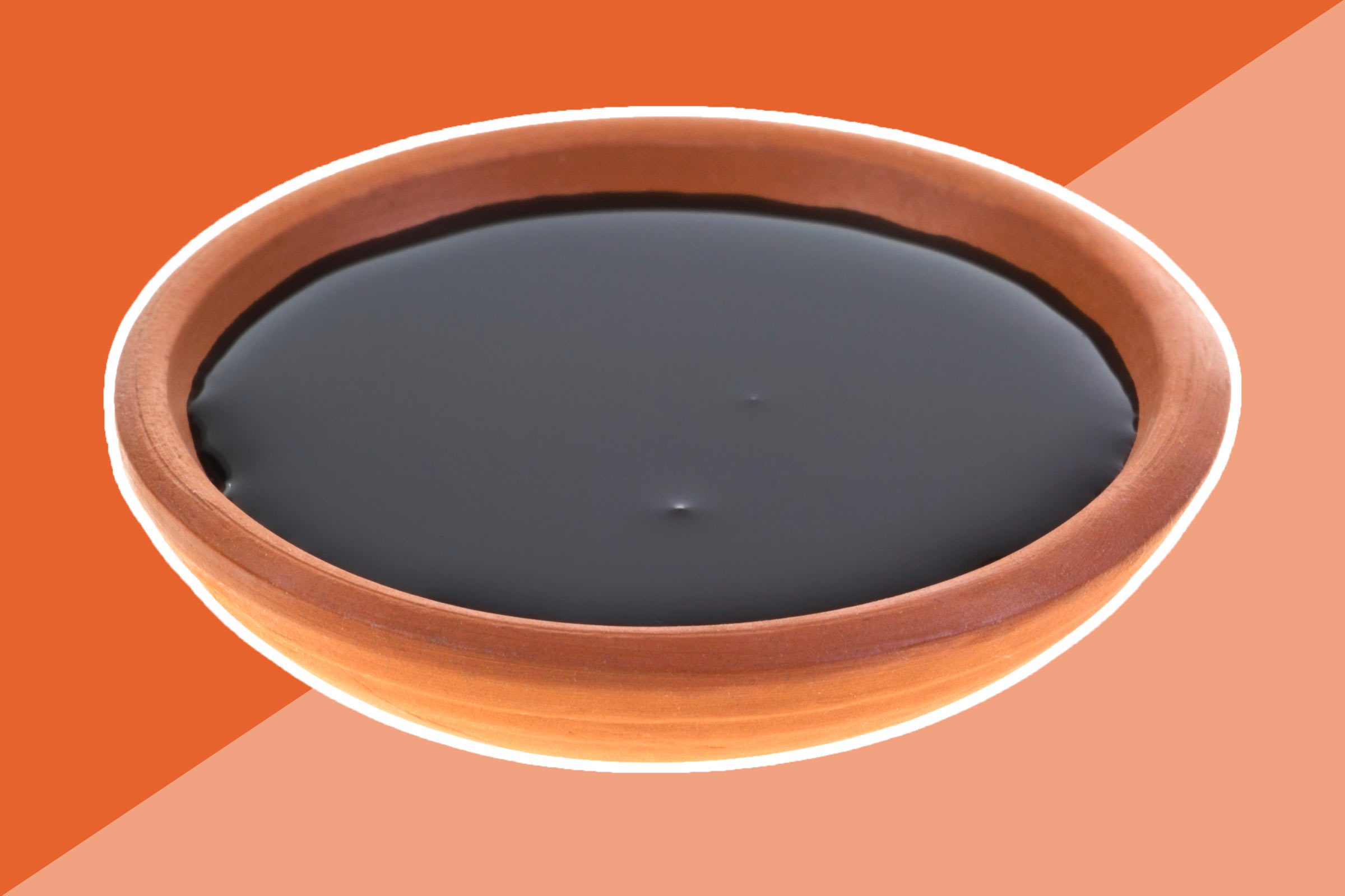
Drink something sweet
An old remedy for fatigue is molasses, probably on the theory that it contains iron, which could counter anemia. Try stirring 1 tablespoon blackstrap molasses into 1 cup of hot water next time fatigue catches up with you.